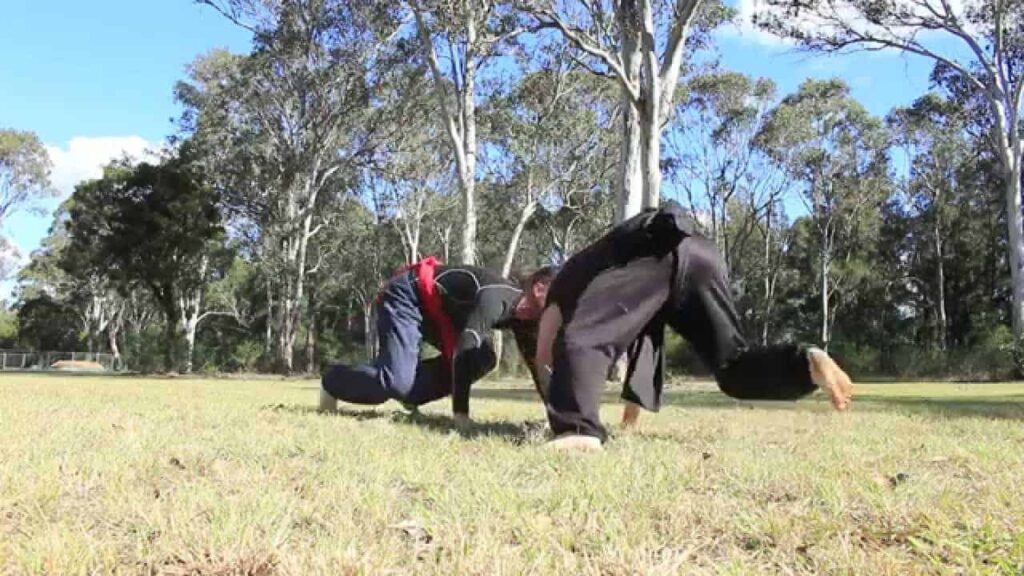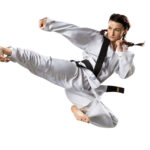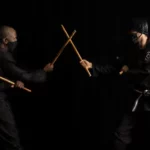Practiced by the “Aborigine” community is an Oceania martial art form known as Coreeda. This “grappling” combat form is said to have originated from Australia, and is said to have been created during the pre-colonial era. Furthermore, this form of wrestling is extremely popular within the local Aborigine community. In addition, Coreeda wrestlers regularly participate in ethnic community festivals such as Korean Ssireum, Turkish Turkish Yagli Gures, Celtic Wrestling, and Russian Sambo.
History/origin of the Coreeda:
According to a popular aboriginal folklore, apparently a lizard man named Beereun was advised by a giant snake to observe a Red Kangaroo so as to understand the technique to fight without weapons. And so Beereun observed the Red Kangaroo as was advised and brought along with him a few unique fighting i.e. grappling techniques which he shared with his clan. In addition, he also organized a wrestling tournament. Furthermore, according to history it is said that the first ever Coreeda wrestling tournament was held about 10,000 years ago, making it one of the oldest forms of folk wrestling in the world. Since 1988 this form of wrestling has gradually grown as a sport with the Coreeda Association of Australia being an official member of the UNESCO backed “World Martial Arts Union”.
Weapons used in the Coreeda:
The “hands” of the wrestler is the weapon that is mainly used in this combat form.
Techniques involved in the Coreeda and training availability:
In terms of technique, the primary aim of the attacking wrestler is to compel the opponent to be pushed outside from the sun circle i.e. ring, while the role of the defensive wrestler is to control the attacking wrestler for as long as possible. Furthermore, moves such as pushing, throwing, or rolling are used frequently in this form of wrestling by the attacking wrestler. As for training centers/schools, there are a few available especially in Australia for those interested in learning this “grappling” combat style.







